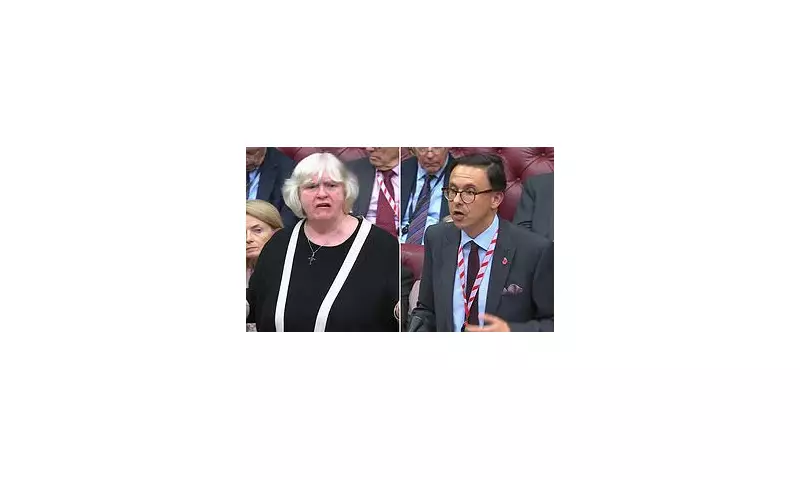
The venerable institution of the House of Lords, a cornerstone of British parliamentary democracy for centuries, finds itself at a critical juncture. Growing voices across the political spectrum are demanding comprehensive reform of what many perceive as an outdated and ineffective second chamber.
A Chamber in Need of Modernisation
Critics argue that the current composition of the Lords fails to reflect contemporary Britain. The appointment-based system, rather than democratic election, has raised serious questions about representation and accountability. Many observers question whether an unelected chamber can effectively scrutinise legislation in a modern democracy.
The Expertise Argument
Proponents of the current system often highlight the value of expertise that Lords appointments bring to parliamentary scrutiny. However, detractors counter that genuine expertise could be incorporated through different mechanisms without maintaining an undemocratic institution. The debate centres on whether specialised knowledge justifies bypassing democratic principles.
Mounting Pressure for Change
Several factors have contributed to the increasing calls for reform:
- Public perception of the Lords as an undemocratic institution
- Concerns about the size and cost of the expanding chamber
- Questions about the effectiveness of legislative scrutiny
- Growing appetite for constitutional modernisation
The Path Forward
While consensus exists that reform is necessary, agreement on what form it should take remains elusive. Options range from complete abolition to various models of elected or partially-elected composition. What's clear is that the status quo appears increasingly unsustainable as Britain navigates the complexities of 21st-century governance.
The future of the House of Lords represents more than just a parliamentary reform issue—it strikes at the heart of how Britain governs itself and maintains democratic legitimacy in an era of increasing public scepticism toward traditional institutions.





